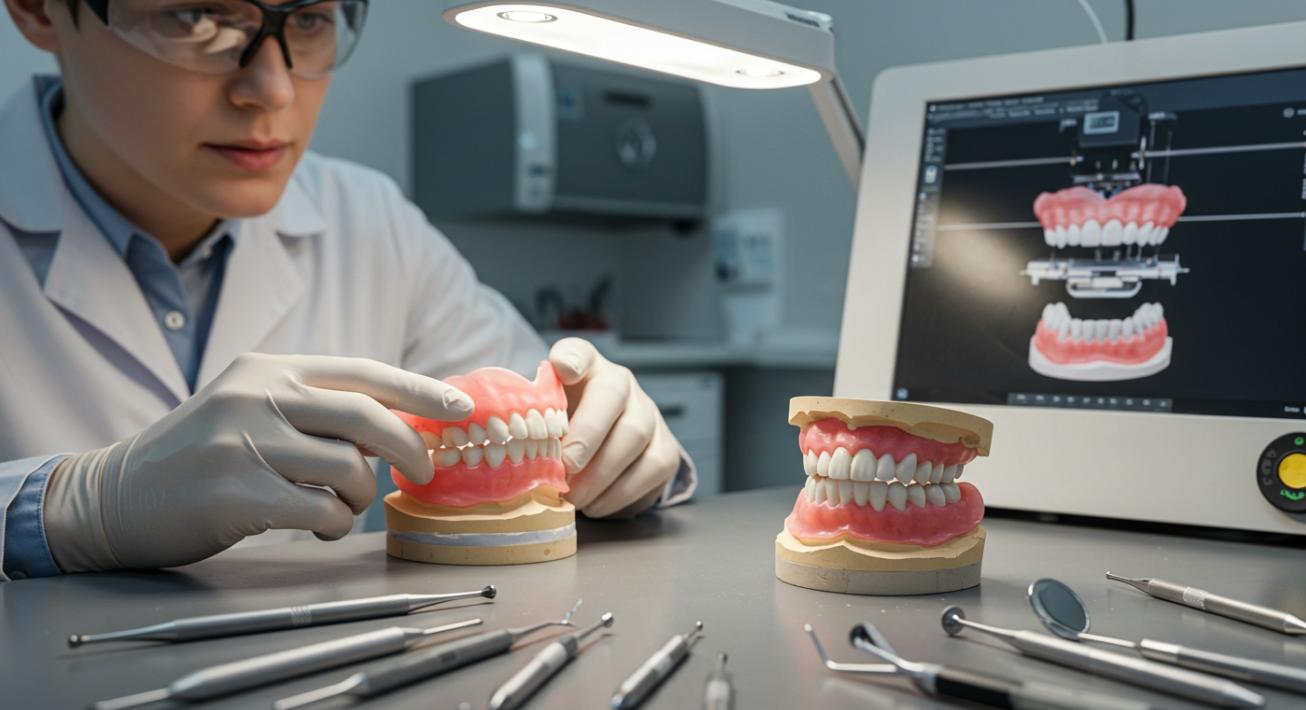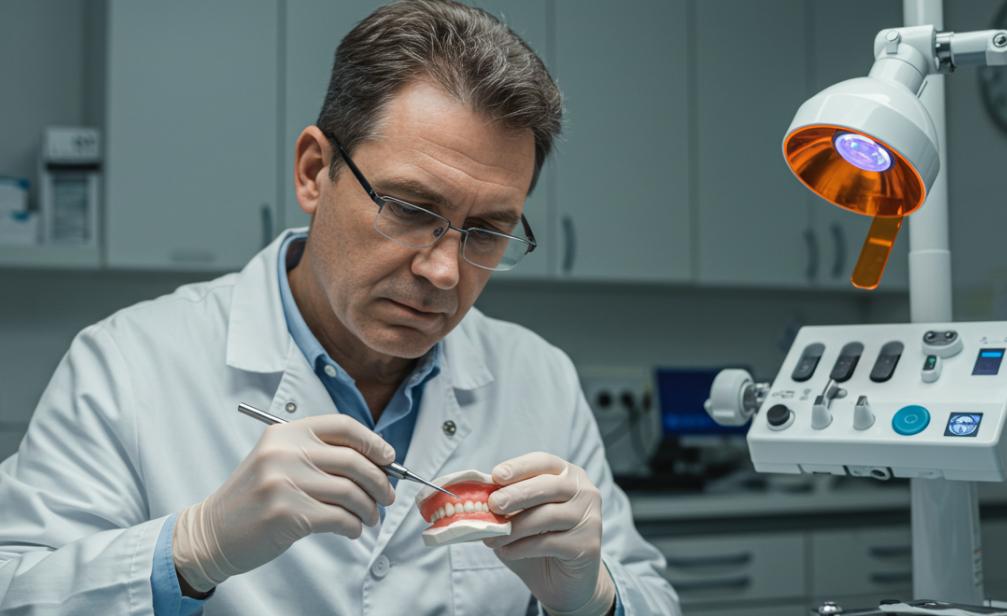Each year, the dental industry generates significant waste, contributing to environmental concerns. As the sector seeks sustainable solutions, reimagining denture manufacturing emerges as a pivotal step toward reducing medical waste and promoting eco-friendly practices.
Environmental Impact of Traditional Dentures
Traditional denture production relies heavily on materials like acrylic resins, metals, and composite polymers. These substances have a substantial carbon footprint during manufacturing and persist in landfills for decades, exacerbating environmental degradation.
Furthermore, conventional fabrication methods often result in excess material waste, inefficient energy use, and the emission of harmful substances. This underscores the urgent need for more sustainable approaches in denture production.
The Waste Crisis in Dental Practices
Dental clinics worldwide contribute to the growing problem of medical waste. A study in Birjand, Iran, revealed that dental clinics produced approximately 7,848 kg of waste annually, with semi-household waste constituting the largest portion. Common waste items include gloves, paper products, and disposable instruments.
Addressing this issue requires a shift toward sustainable practices that minimize waste generation and promote environmental responsibility within dental settings.
Why Sustainable Dentures Matter?
Embracing sustainable dentures offers multiple benefits:
- Environmental Impact: Utilizing eco-friendly materials and processes reduces the ecological footprint of denture production.
- Patient Awareness: Patients are increasingly conscious of environmental issues and may prefer dental solutions that align with their values.
- Regulatory Compliance: Adopting sustainable practices can help clinics meet emerging environmental regulations and standards.
By focusing on sustainability, the dental industry can enhance patient satisfaction while contributing to global environmental efforts.
Innovative Approaches to Sustainable Denture Manufacturing
Emerging technologies are transforming denture production. These innovations reduce waste, improve efficiency, and introduce cleaner alternatives to traditional methods.
Use of Biodegradable and Recycled Materials
Advancements in material science have introduced biodegradable options like polylactic acid (PLA), polyglycolic acid (PGA), and polycaprolactone (PCL) into dental applications. These materials decompose naturally, reducing long-term environmental impact.
Additionally, incorporating recycled materials into denture fabrication conserves resources and minimizes waste, aligning with circular economy principles.
These alternatives decompose naturally over time, reducing environmental harm. The table below outlines key materials being explored for eco-conscious denture production and compares their performance.
|
Material |
Biodegradability |
Durability |
Carbon Footprint |
Estimated Cost |
Suitability for Dentures |
|---|---|---|---|---|---|
|
PLA (Polylactic Acid) |
High |
Moderate |
Low |
Low |
Suitable for temporary dentures |
|
PGA (Polyglycolic Acid) |
High |
Low |
Low |
Moderate |
Limited due to fragility |
|
PCL (Polycaprolactone) |
Moderate |
High |
Moderate |
Moderate |
Promising for long-term use |
|
Recycled Acrylic |
Low |
High |
Lower than new acrylic |
Low |
Suitable for permanent dentures |
|
Recycled Resin Composites |
Low |
High |
Moderate |
Moderate |
Good for partial dentures |
Adopting 3D Printing Technologies
3D printing revolutionizes denture manufacturing by:
- Material Efficiency: Layer-by-layer fabrication minimizes excess material usage.
- Customization: Digital designs allow for precise, patient-specific dentures, enhancing fit and comfort.
- Reduced Waste: Compared to traditional milling, 3D printing generates less waste, contributing to more sustainable production.
This technology not only streamlines the manufacturing process but also supports environmental sustainability goals.
The Future of Sustainable Dentures
As environmental concerns intensify, the dental industry must prioritize sustainability in denture manufacturing. Future developments may include:
- Advanced Materials: Research into new biodegradable and durable materials will expand eco-friendly options.
- Regulatory Support: Policies encouraging sustainable practices can drive industry-wide adoption.
- Patient Engagement: Educating patients about sustainable choices can increase demand for eco-conscious dental solutions.
By embracing innovation and collaboration, the dental sector can lead the way in environmental stewardship.
Policy Changes and Industry Support
Governments and regulatory bodies play a crucial role in promoting sustainable dentistry. Initiatives like the EU’s PRUDENT project aim to enhance oral health systems through better financing solutions, potentially supporting sustainable practices.
Incentives such as tax breaks, grants, or subsidies can encourage dental clinics to adopt eco-friendly technologies and materials, accelerating the transition to sustainable dentistry.
Creating sustainable dentures requires collaboration between dental professionals, manufacturers, and patients. By rethinking materials and embracing innovative technologies, we can significantly reduce medical waste in dentistry. For an eco-conscious and professional approach to dental care, trust Smile Express Denture Clinic. As a leading dental clinic committed to sustainable practices, this company offers personalized, responsible solutions. Book your appointment today and take part in building a healthier future, for yourself and the planet.
https://www.youtube.com/watch?v=TCofnEvA7rU

